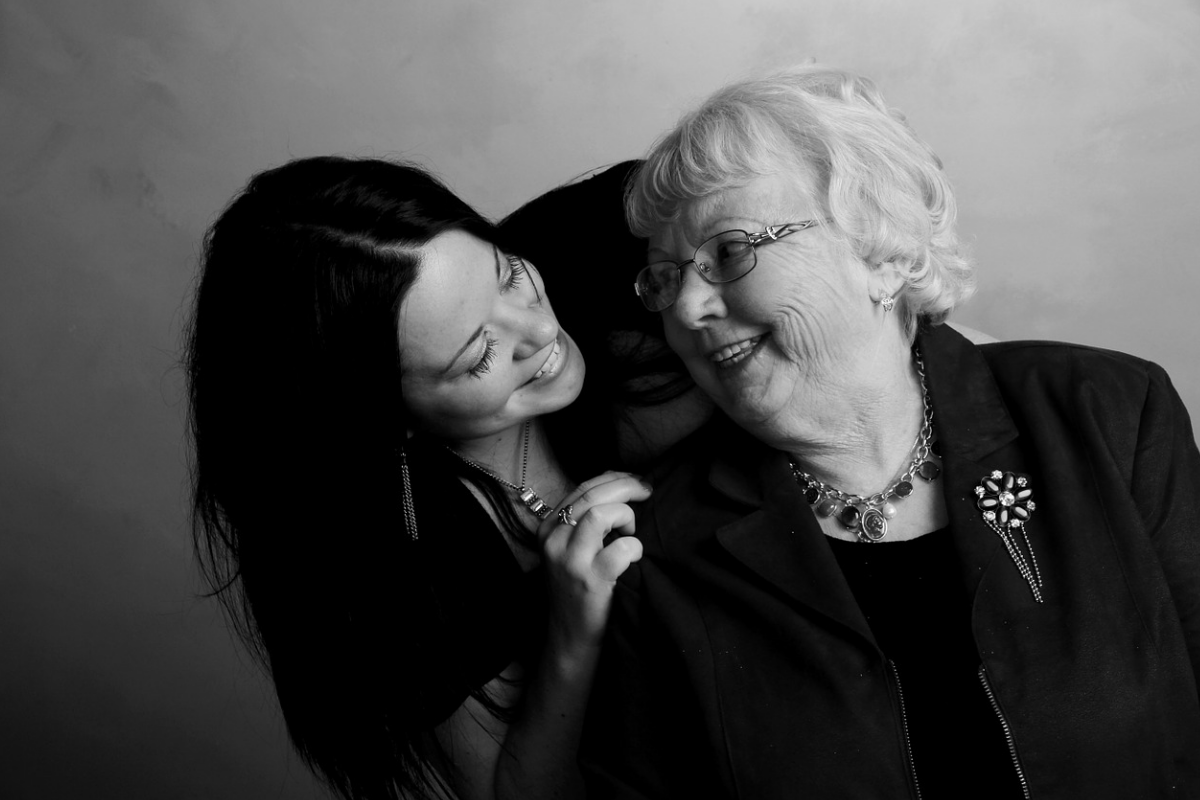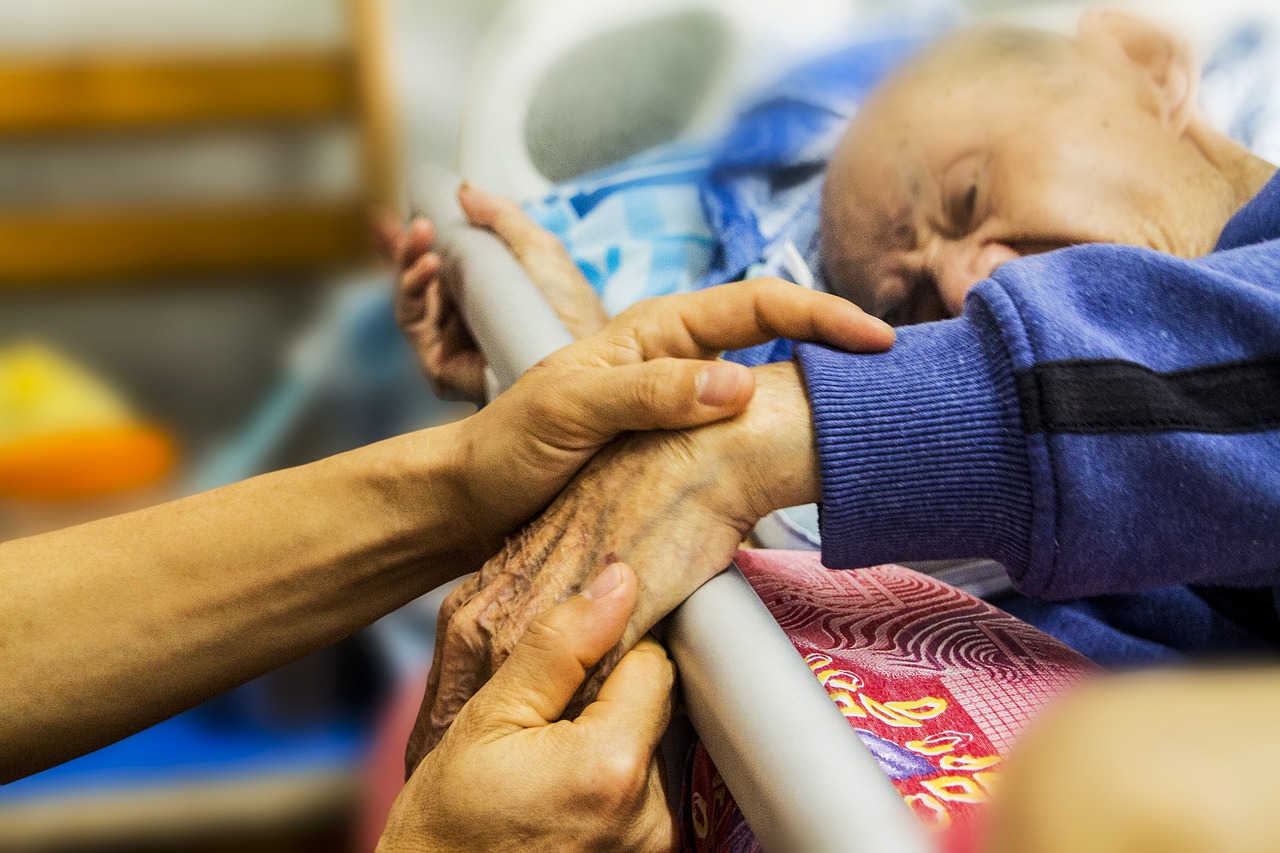National Caregivers Month: Supercharge Your Caregiving

With November being National Family Caregivers Month, here’s a timely reminder of the importance of having the necessary tools and information handy to ensure caregivers can provide the best care.
According to the National Alliance for Caregiving in collaboration with the American Association for Retired People (AARP), 29 percent of the population – that’s 65 million people – provides care for a chronically ill, disabled, or aged family member or friend.
These folks are true superheroes to the loved ones they are caring for and deserve to be recognized not only during the month of November, but throughout the entire year. They not only have to take care of themselves and their loved ones, but many hold jobs and other responsibilities while doing so. Caregiving can be a very rewarding experience, but it can also be very stressful. Here are a few ways to help keep everything in good order.
Accurate medical records help ensure better care.
Caregivers should have accurate, up-to-date medical information about the patient. At the time of a medical visit or an unexpected trip to the emergency room or urgent care, having this information accessible can help. Sometimes it’s necessary, or desirable, to see a new doctor. Doctors can usually get medical information from other doctors, but it often takes time.
When caregivers are able to bring key information along with them, a first visit can be much more productive. With copies of the key medical information in hand, it’s easier to double-check things and ask the doctor if you have any questions, or don’t understand an abnormality in test results.
Information to bring to an appointment includes:
- Medical conditions
- Medication list
- Known allergies
- Past hospitalizations and surgeries
- Names of doctors patient is being treated by
Keep personal materials on hand.
In a folder marked “Personal Identification,” keep photocopies of driver’s licenses, authorized copies of birth certificates, social security cards and passports. You also should have the following:
- Names, addresses, and relationship of close family members
- Names, addresses, and phone numbers of the patient’s primary physician, lawyer and financial advisor
- Living will or location of will
- Durable power of attorney
- A copy of patient’s advance directive
If you have access to a computer, storing the patient’s information securely in a file is recommended. Caregivers can scan all records and save the PDFs in a folder on their home computer. This can serve as a backup to a paper binder system.
Safety is always first.
Did you know that falls are the leading cause of injury-related visits to the ER in the US and the primary cause of accidental deaths in persons over the age of 65? It’s hard to be with your loved one every minute of the day. Wearable sensors are available that can monitor a patient and contact family members if their loved one falls or if an emergency occurs.
Manage the medicine.
One of the most time-consuming and stressful tasks of a caregiver is managing multiple medications and dietary supplements. Here are a couple of tips:
- Organize more than one week’s worth of pills at a time.
- Create and maintain an updated medication and supplements list. A comprehensive list ensures you won't forget anything while filling the pillboxes.
Look to apps for helpful medication.
Luckily, there are many apps and tools that can help caregivers. Here is a helpful list for reference. Take advantage of these tools and helpful advice so when it’s time to put on the superhero cape and get to work, you will be ready for action.
For more helpful information for caregivers, visit the Crossroads Hospice & Palliative Care website or give us a call at 1-888-564-3405.
If you found this information helpful, please share it with your network and community.
Copyright © 2018 Crossroads Hospice. All rights reserved.




